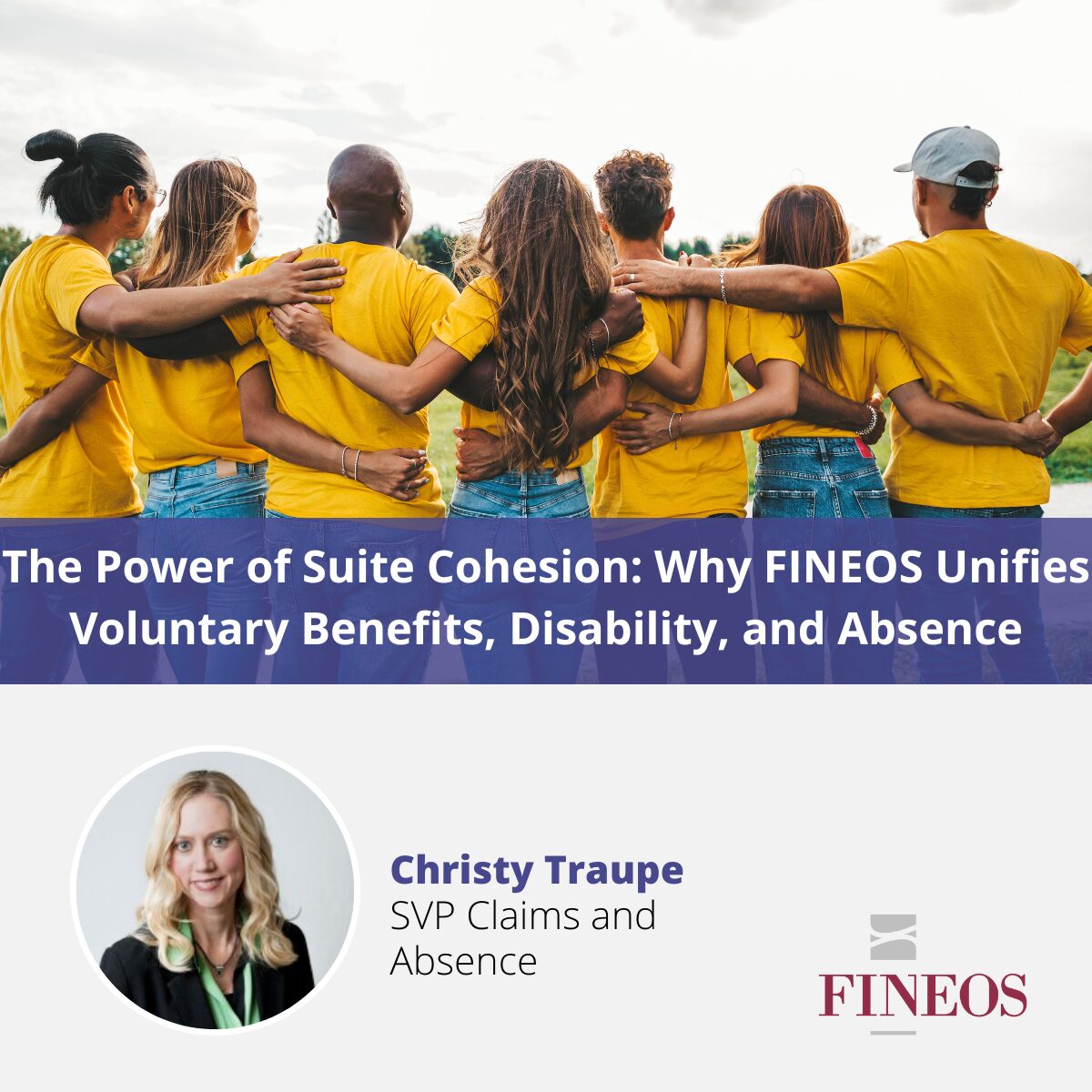As summer heats up, state legislatures are adjourning with one last push to get legislation over the finish line. Take note of the following absence-related legislation that was signed, passed, or vetoed:
Signed
Maine Paid Sick Leave, Senate Bill 110: This bill, signed by the Governor on May 28 and effective January 1, 2021, requires employers that employ more than 10 employees for more than 120 days in a calendar year to provide employees with accrued paid leave. Employees earn one hour of paid leave for every 40 hours worked, up to 40 hours in one year of employment. Unlike other accrued paid leave laws enacted in the last several years, Maine’s is unique in that is requires no sick or other leave reason, but instead is available for any reason.
Oregon Pregnancy Accommodation, House Bill 2341: This bill, signed by the Governor on May 22, is effective January 1, 2020. The new law, like many others we have seen across the country over the last several years, requires employers to provide reasonable accommodation to the known limitations related to pregnancy, childbirth or related medical condition. Accommodations can include, but are not limited to, acquisition or modification of equipment or devices, more frequent or longer break periods or periodic rest, assistance with manual labor, or modification of work schedules or job assignments. While not specified in the law, a leave of absence that allows an employee time to recover in order to return to work may be considered a reasonable accommodation, if it does not impose an undue hardship on the employer.
Maryland Organ and Bone Marrow Donation, House Bill 1284: This bill, signed by the Governor on May 13, becomes effective October 1, 2019. Read more about this law here.
Westchester County, New York Safe Leave: This ordinance is effective October 30, 2019 and mandates that private employers provide 40 hours of paid leave for victims of domestic violence and human trafficking.
Colorado Paid Family and Medical Leave, Senate Bill 188: Signed on May 30, Colorado’s paid family leave bill was amended to remove the meat of the bill, and instead establishes a paid family and medical leave implementation task force. The new law directs that a task force must be appointed by July 1, 2019 and the intent is to follow the following timeline:
- July 1, 2019: appointing authorities are required to make their appointments to the task force;
- October 1, 2019: Department of Labor and Employment is required to provide the task force with the results of a third-party study and paid family and medical leave plan recommendations from the experts in the field; and the task force is required to accept and consider public comment regarding the administration and establishment of a paid family and medical leave program;
- November 1, 2019: the task force must make its initial recommendation on a family and medical leave program for employees in the state and provide the recommendation to an actuary;
- December 1, 2019: an independent actuarial analysis must be completed and submitted to the task force;
- January 8, 2020: the task force shall report its final recommendation on a paid family and medical leave program for all employees in the state;
- July 1, 2020: Family and Medical Leave program will be established;
- January 1, 2022: public education and outreach campaign will begin;
- January 1, 2023: Family and Medical Leave program funding will begin; and
- January 1, 2024: Family and Medical Leave program will start paying benefits.
Passed by the Legislature, Awaiting Governor’s Signature
Connecticut Paid Family and Medical Leave, Senate Bill 1: This paid family leave law was passed by the legislature and awaits the Governor’s signature. The program would provide up to twelve weeks of paid family and medical leave per year. An employee would be entitled to two additional weeks for a serious health condition that occurs during a pregnancy. If enacted, contributions towards the program will begin on July 1, 2020, while benefits will begin July 1, 2021. Employees would be entitled to leave for:
- the birth or foster placement of a son or daughter of the employee;
- to care for a family member with a serious health condition. Family member is defined as a spouse, sibling, son or daughter, grandparent, grandchild, parent, or any other individual related by blood or whose close association with the employee is the equivalent of a family member;
- the serious health condition of the employee;
- to serve as an organ or bone marrow donor; or
- a qualifying military exigency
Nevada Paid Leave, Senate Bill 312. Approved by the state legislature on May 28, this bill now awaits the Governor’s signature. While this bill was originally proposed as a paid sick leave law, like the new Maine law referenced above, the final bill is simply a paid leave law – with no reason required. It would require employers with 50 or more employees to provide employees with 0.01923 hours of paid leave for each hour worked that may be used by an employee beginning on the 90th calendar day of employment, up to 40 hours per year.
New York Domestic Violence Victim, Senate Bill 1040: This bill passed the legislature on May 14 and requires the Governor’s signature. The bill requires an employer to provide a reasonable accommodation to an employee who is a victim of domestic violence who must be absent from work for a reasonable time, so that the employee can:
- seek medical attention for injuries caused by domestic violence including for a child who is a victim of domestic violence;
- obtain services from a domestic violence shelter, program, or rape crisis center as a result of domestic violence;
- obtain psychological counseling related to an incident or incidents of domestic violence, including for a child who is a victim of domestic violence;
- participate in safety planning and taking other actions to increase safety from future incidents of domestic violence, including temporary or permanent relocation; or
- obtain legal services, assist in the prosecution of the offense, or appear in court in relation to the incident or incidents of domestic violence.
If signed, the law will go into effect 90 days after the Governor’s signature.
Vetoed:
New Hampshire Paid Family and Medical Leave, Senate Bill 1: The Governor of New Hampshire vetoed Senate Bill 1, which would have established a system of paid family and medical leave insurance.
Leave of absence is never dull, with constant evolution of the compliance landscape. FINEOS watches the trends and stays up-to-date, so our clients can take care of their business. You can find out more on our absence page here.


